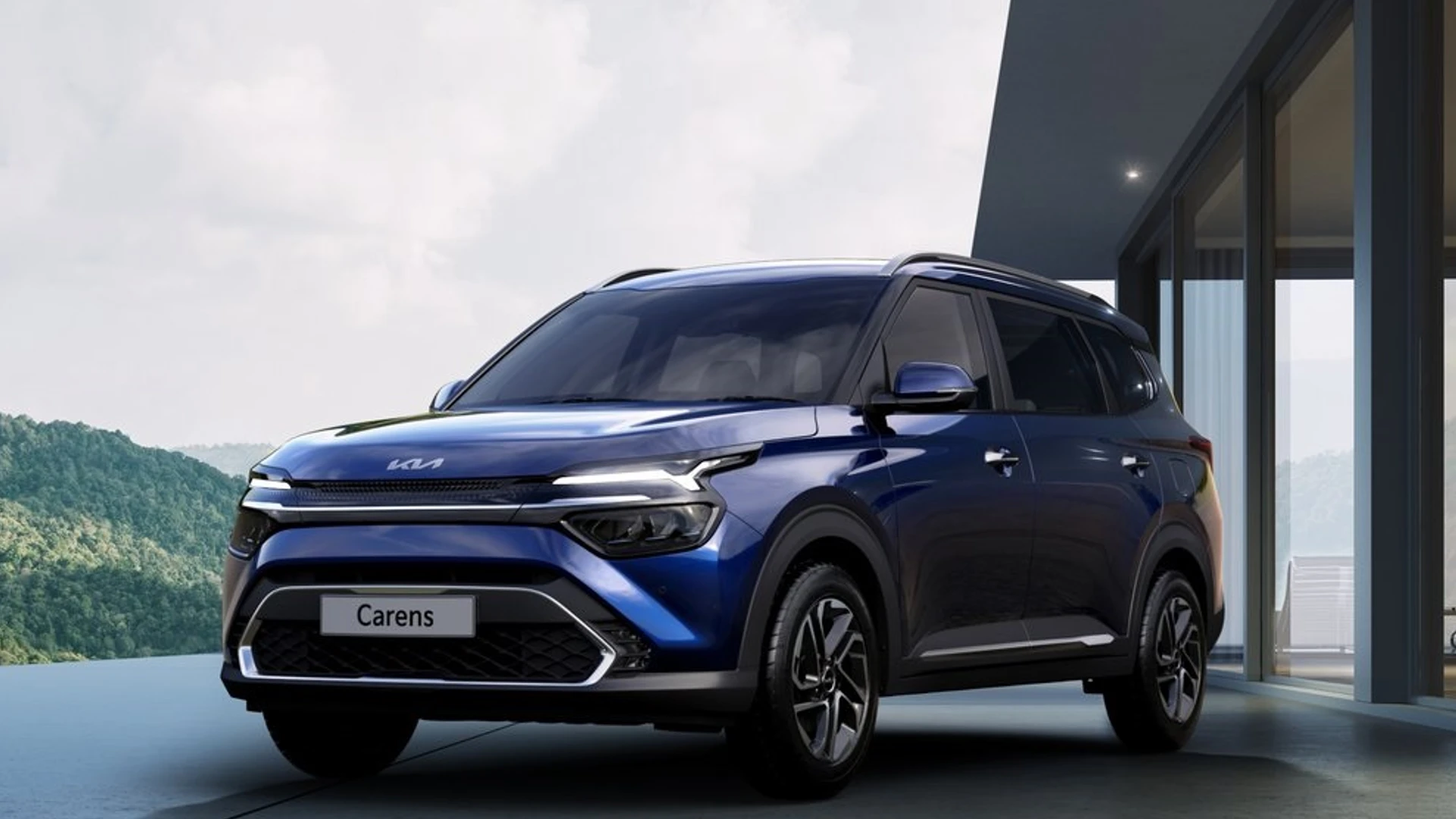Kia’s latest entrant in India Carens has scored three stars in the Global NCAP crash test. The MPV goes against the likes of the Maruti Suzuki Ertiga and XL6. The Global NCAP tests cars for both adult and child occupancy. The Kia Carens was launched in February this year. Additionally, the Global NCAP agency has also offered a “Safer Car Choice” to Mahindra XUV700 which was launched in November last year. The SUV managed to score 5 stars on the crash test.
Global NCAP says the made-in-India Kia Carens has been tested in its most basic safety specification, equipped with two frontal airbags, two side-body airbags, and two side head protection airbags. The car also gets electronic stability control (ESC) as standard. In addition to the standard scoring, the Carens were also tested for side impact. Global NCAP claims that the car has fulfilled the UN95 regulatory requirement.
During the Global NCAP crash test, the Carens demonstrated an unstable structure, marginal protection to the driver’s chest, and weak protection to the driver’s feet. Additionally, they also claimed that the car lost points as it is still sold with a lap belt in the rear central seating position instead of a three-point seatbelt.
Kia Carens Global NCAP Crash Test Video:
The Kia Carens MUV starts at a price of Rs 9.59 Lakh (ex-showroom) and it comes with six airbags as standard. Additionally, it also gets ABS, ESC, HAC, VSM, DBC (Downhill Brake Control), BAS, All-Wheel Disc Brakes, TPMS Highline and Rear Parking Sensors as standard.
Maruti Suzuki Ertiga Crash Test
The primary rival of the car, the Maruti Suzuki Ertiga, also received three stars in a Global NCAP crash test.
In 2019, the Maruti Suzuki Ertiga achieved three stars for adult occupant protection and three stars for child occupant protection. Compared to the Kia Carens, the Ertiga comes standard with two frontal airbags. The rating agency rated Ertiga’s structure as borderline unstable, which can and should be improved. Its footwell area was rated as unstable and pedals displacement showed risks to the lower legs of the driver.
Adult occupants were found to have good head and neck protection according to test results. A good amount of protection was provided to passengers’ chests. Drivers’ chests, however, were marginally protected. According to the agency, the passenger pretensioner did not work properly.
When the CRS was installed forward-facing on an 18-month-old dummy, child occupant protection results were poor. The global best practice indicates that a rearward-facing position offers the best protection for this age group. It is to be noted that the new facelifted Ertiga hasn’t been tested by Global NCAP yet.
